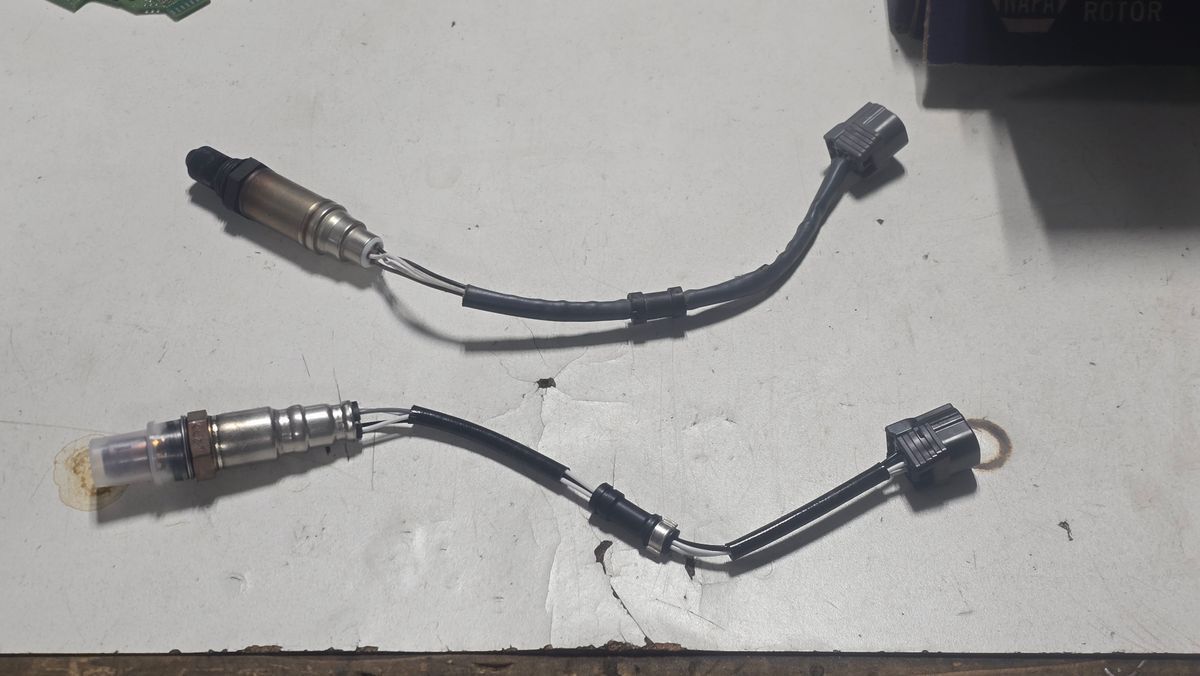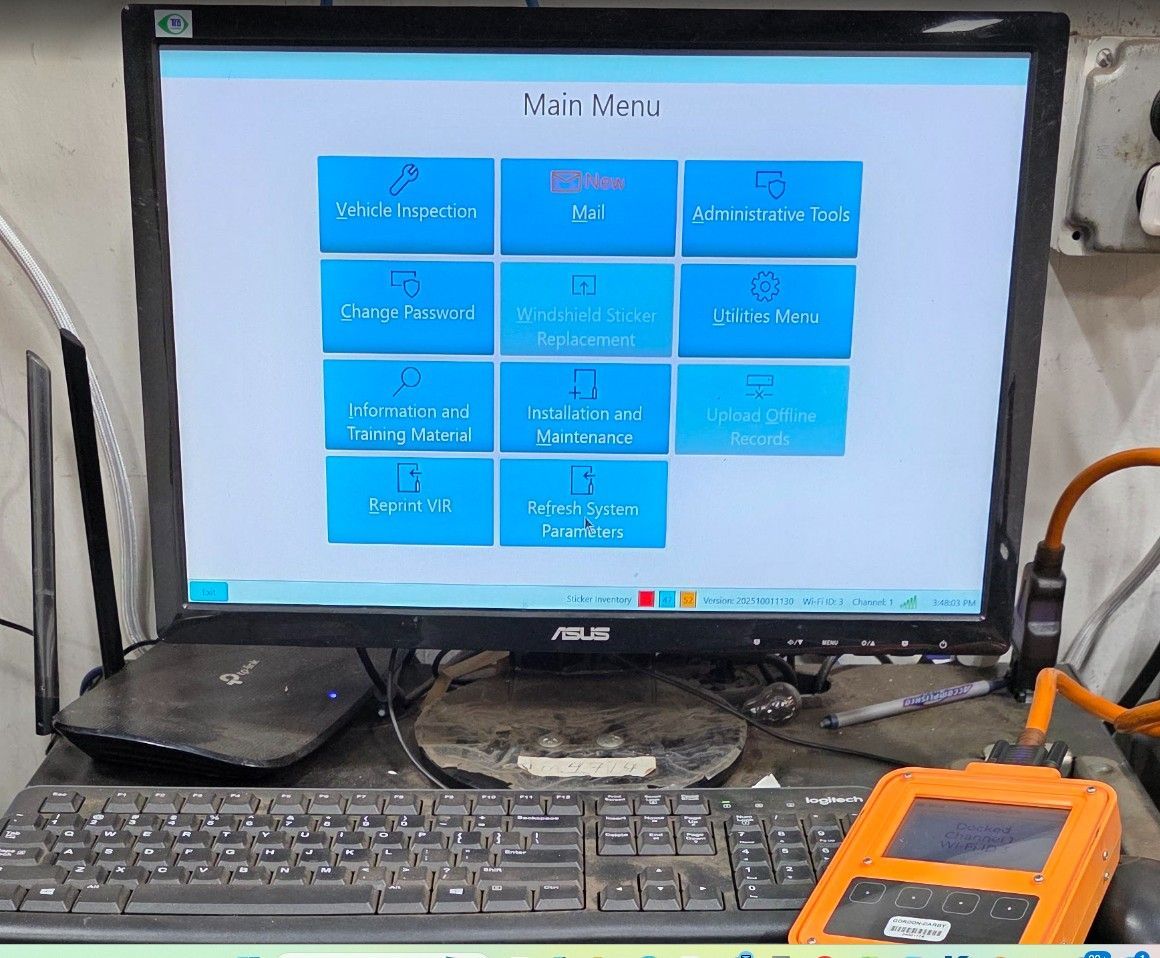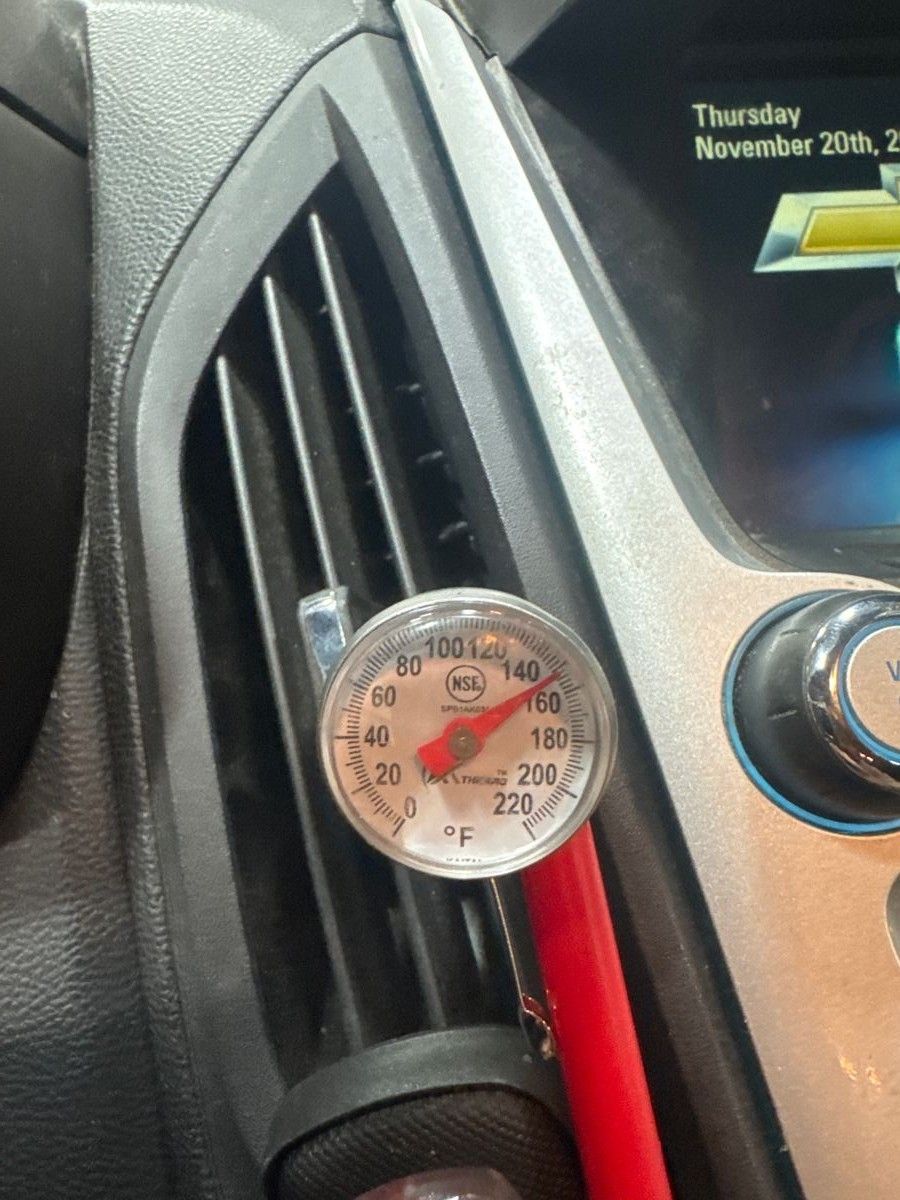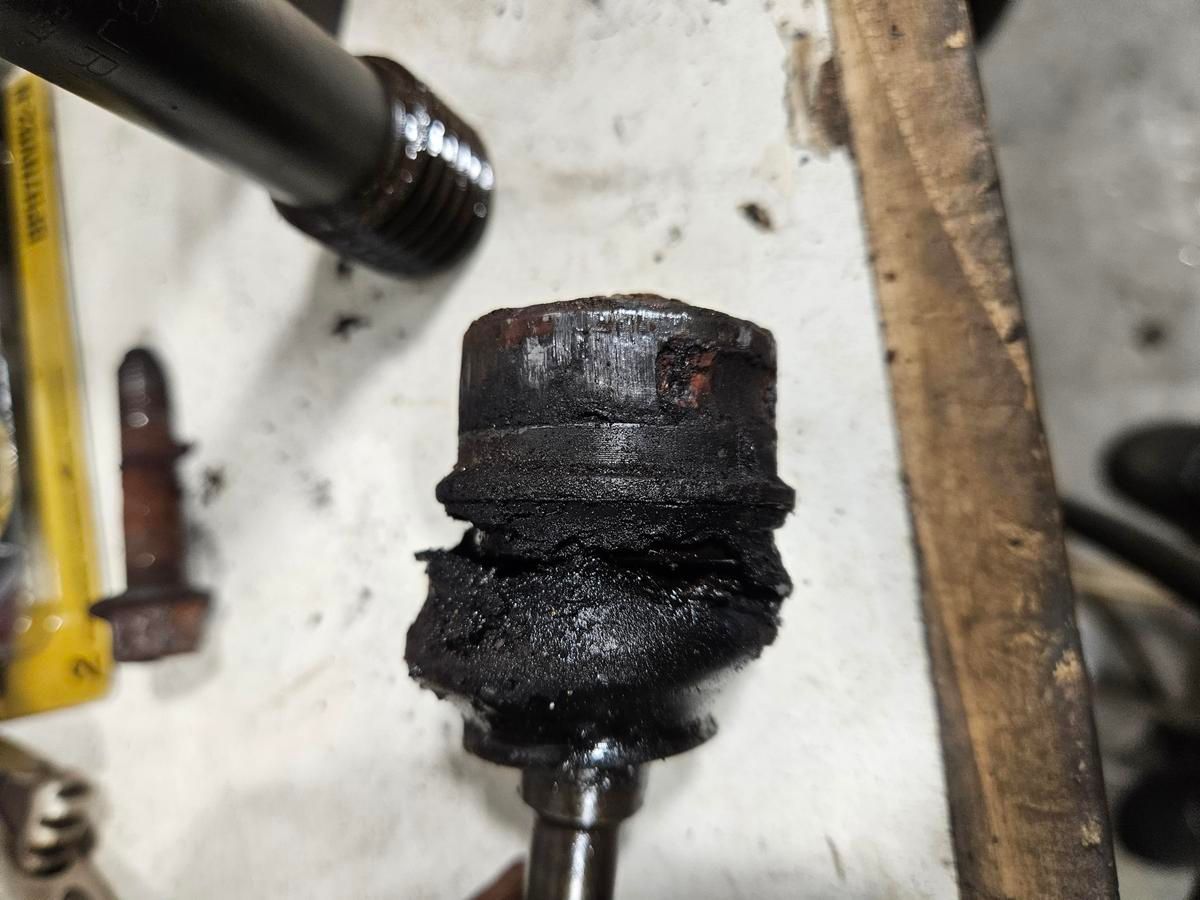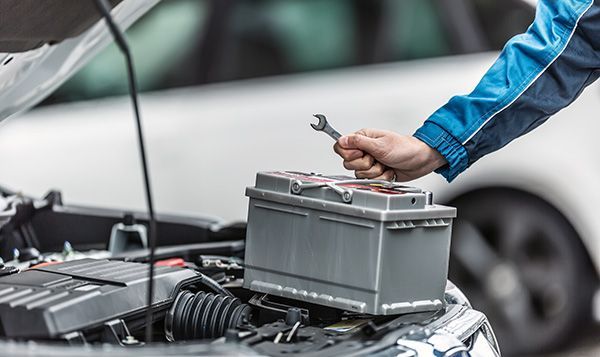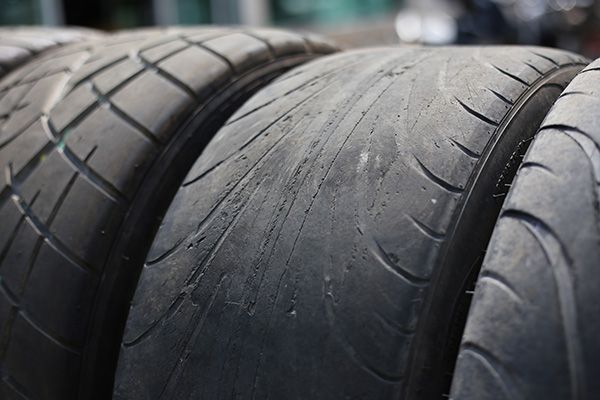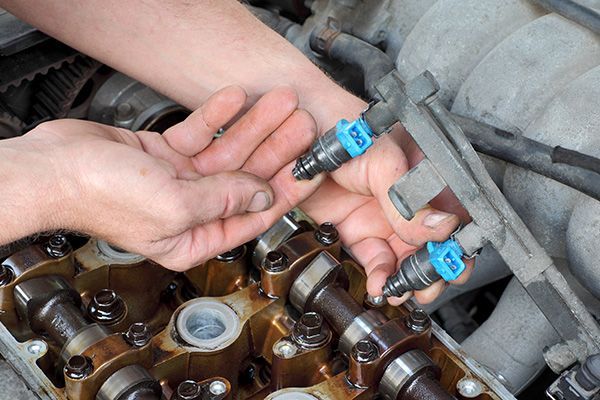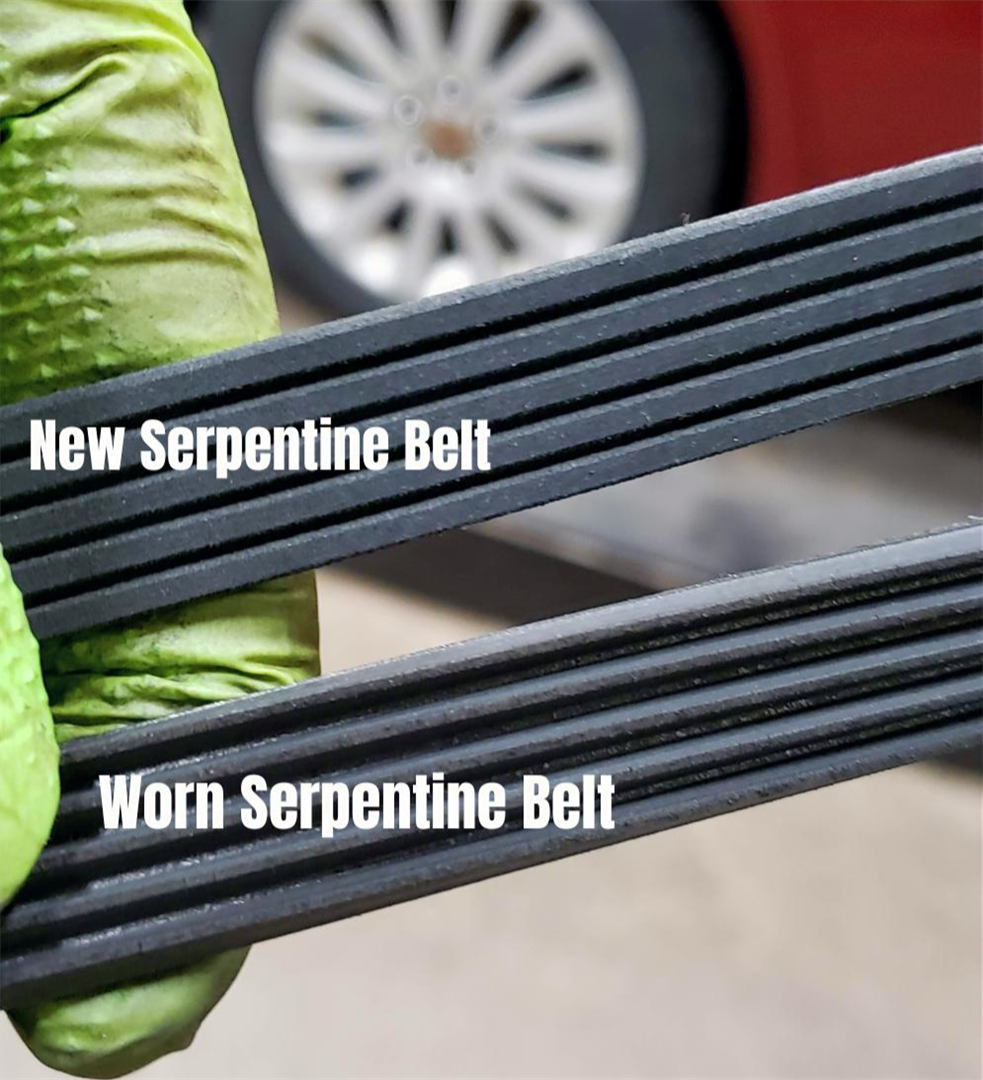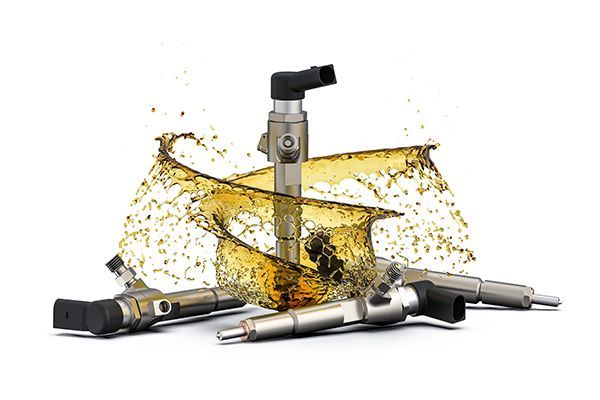
When you're at the pump, you might not think much about what happens after you fill up your vehicle with fuel. However, the way fuel is delivered into your engine is fascinating and differs from vehicle to vehicle, especially if it's a diesel or gasoline one.
Fuel Injection Basics
Before we delve into the distinctions, let's briefly understand what fuel injection systems do. Fuel injection is the process of delivering the right amount of fuel into the engine at precisely the right moment. This process is crucial for optimal combustion, power production, and emissions control.
Gasoline Fuel Injection
Now that you have a better understanding of the fuel injection process, let's look at two of the main types of systems found in gasoline engines.
Port Fuel Injection (PFI)
Gasoline engines primarily use port fuel injection. In this system, fuel injectors spray fuel into the intake manifold just before the intake valve. The air-fuel mixture then enters the combustion chamber.
Direct Fuel Injection (GDI)
Some modern gasoline engines employ direct fuel injection. In GDI, fuel is injected directly into the combustion chamber, enhancing combustion efficiency and power output.
Diesel Fuel Injection
Direct Injection
Diesel engines use direct fuel injection, spraying fuel directly into the combustion chamber. Diesel fuel has a higher energy density than gasoline, and direct injection maximizes combustion efficiency.
Common Rail Injection
Many modern diesel engines feature common rail injection, which delivers fuel to multiple injectors via a high-pressure common rail. This system offers precise control over injection timing and fuel delivery.
How Do They Differ From Each Other?
The most obvious distinction is the fuel itself. Gasoline engines use, well, gasoline, while diesel engines rely on diesel fuel. Diesel's higher energy density and compression ignition are key factors.
Diesel engines compress air until it's hot enough to spontaneously ignite the diesel fuel. Gasoline engines use spark plugs to ignite a pre-mixed air-fuel mixture. Furthermore, diesel ones have higher compression ratios, typically around 15:1 to 20:1, compared to gasoline engines, with ratios around 8:1 to 12:1. This high compression is necessary for diesel self-ignition.
In diesel engines, fuel injection timing is critical and precisely controlled to achieve the right combustion characteristics. Gasoline engines rely on spark timing.
A vehicle without fuel is as good as a chunk of metal. That's why Accomplished Auto recommends following a strict maintenance schedule, ensuring that everything from the fuel injectors to the wheels is good to go at any time.
